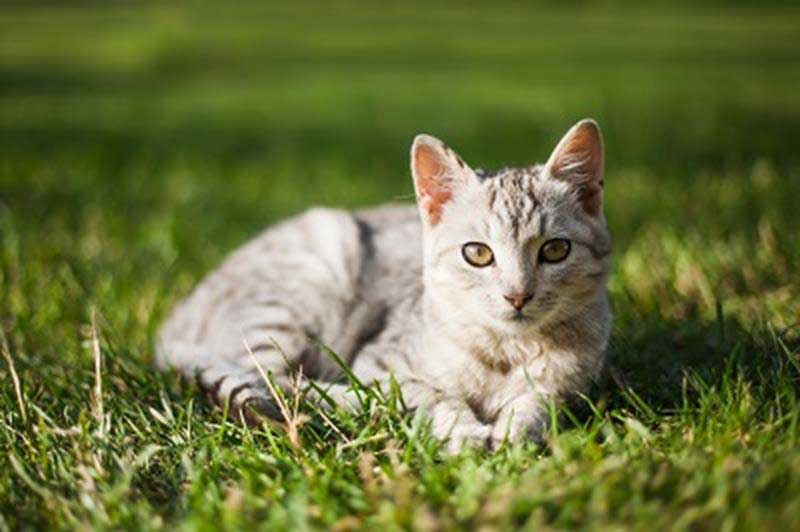
Pet Poisonings in North Richland Hills
Pets are naturally curious and may accidentally ingest household items or medications that are toxic—and sometimes life-threatening. At Cornerstone Animal Hospital, we want to help you recognize and prevent common pet poisoning hazards.
Most Common Pet Poisonings
- Household Products – Cleaners, detergents, gasoline, and other chemicals
- Prescription Human Medications – Hydrocodone, painkillers, ADHD medications, birth control pills
- Insecticides – Ant bait, snail bait, and other pesticides
- Over-the-Counter Medications – Acetaminophen (Tylenol), ibuprofen (Advil)
- Human Food – Onions, garlic, grapes, raisins, alcohol, chewing gum with xylitol
- Veterinary Medications – Accidental overdose or pets chewing medication bottles
- Chocolate – Dark chocolate is especially toxic; symptoms include vomiting, diarrhea, tremors, seizures
- Rodenticides – Various types of rat poison
- Toxic Plants – See the list below
- Lawn and Garden Products – Fertilizers, herbicides, weed killers
Poisonous Plants to Avoid
Many common household and garden plants can be toxic to pets. Here are some to avoid:
| Autumn Crocus | Australian Flame Tree | Avocado | Azalea Baneberry |
| Bird Of Paradise | Bishop’s Weed | Black Laurel | Black Locust |
| Bleeding Heart | Bloodroot | Bluebonnet | Blue-Green Algae |
| Boxwood | Bracken Fern | Buckthorn | Bulb Flowers |
| Burdock | Cacao | Camel Bush | Caladium |
| Calla Lily | Cardinal Flower | Chalice | Cherry Tree |
| Chinaberry Tree | Clematis | Cocklebur | Coffee |
| Coral Plant | Coriander | Dieffenbachia | Elderberry |
| Elephant Ear (Taro) | Eucalyptus | Euonymus | False Hellebore |
| Flame Tree | Felt Plant | Firethorn | Four O’Clock |
| Foxglove | Glottidium | Golden Chain | Ground Cherry |
| Heaths | Heliotrope | Hemlock | Henbane |
| Holly | Honeysuckle | Horse Chestnut | Horsetail |
| Hydrangea | English Ivy | Jasmine | Jimsonweed |
| Lantana | Larkspur | Lily Of The Valley | Easter Lily |
| Lupine | Marijuana | Mandrake | Mexican Poppy |
| Milkweed | Vetch | Yellow Jasmine | Mistletoe |
| Mock Orange | Monkshood | Moonseed | Morning Glory |
| Mountain Laurel | Mushrooms | Nightshades | Oak |
| Oleander | Periwinkle | Philodendron | Pigweed |
| Poinciana | Poinsettia | Poison Ivy | Poison Oak |
| Pokeweed | Potato Shoots | Privet | Pyricantha |
| Rain Tree | Ranunculus (Buttercup) | Rape | Red Maple |
| Snowdrop | Spurges | Sweet Pea | Tansy |
| Tobacco | Wisteria | Yews |
If your pet has ingested or is suspected of ingesting any toxic substance, do not wait—call for help immediately.
For assistance during business hours, please contact us at (817) 514-8387. For after-hours emergencies or poison-related questions, contact:
National Animal Poison Control Center
Call: (888) 426-4435
ASPCA Animal Poison Control
Available 24/7/365. Call: (888) 426-4435 (Note: A $65 consultation fee may apply.)
For more information on preventing pet poisoning, please contact us today at (817) 514-8387.
